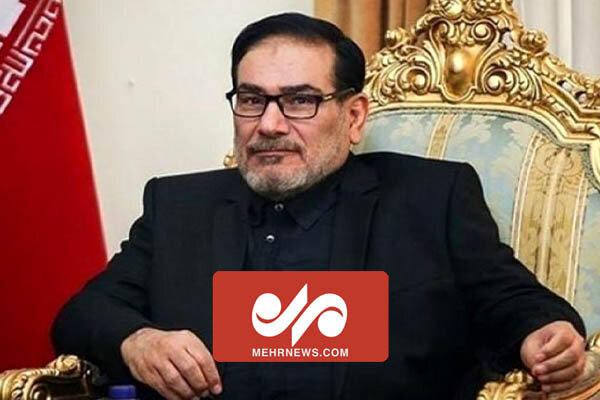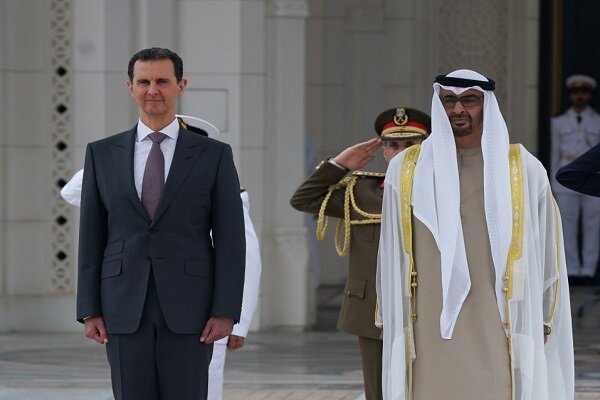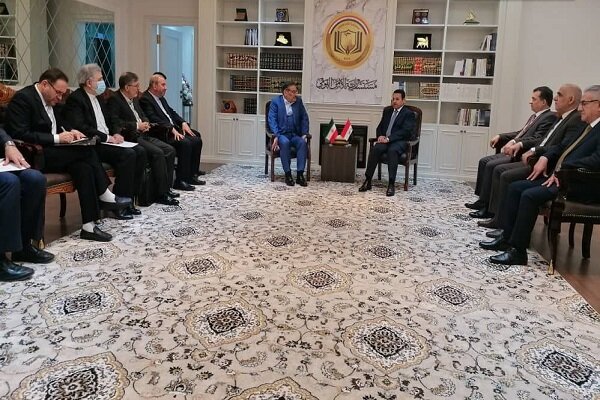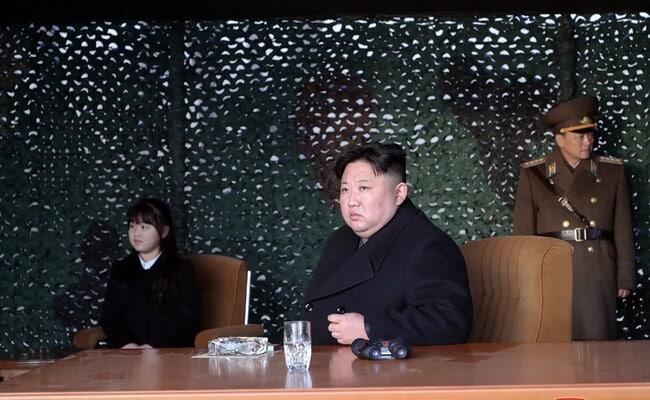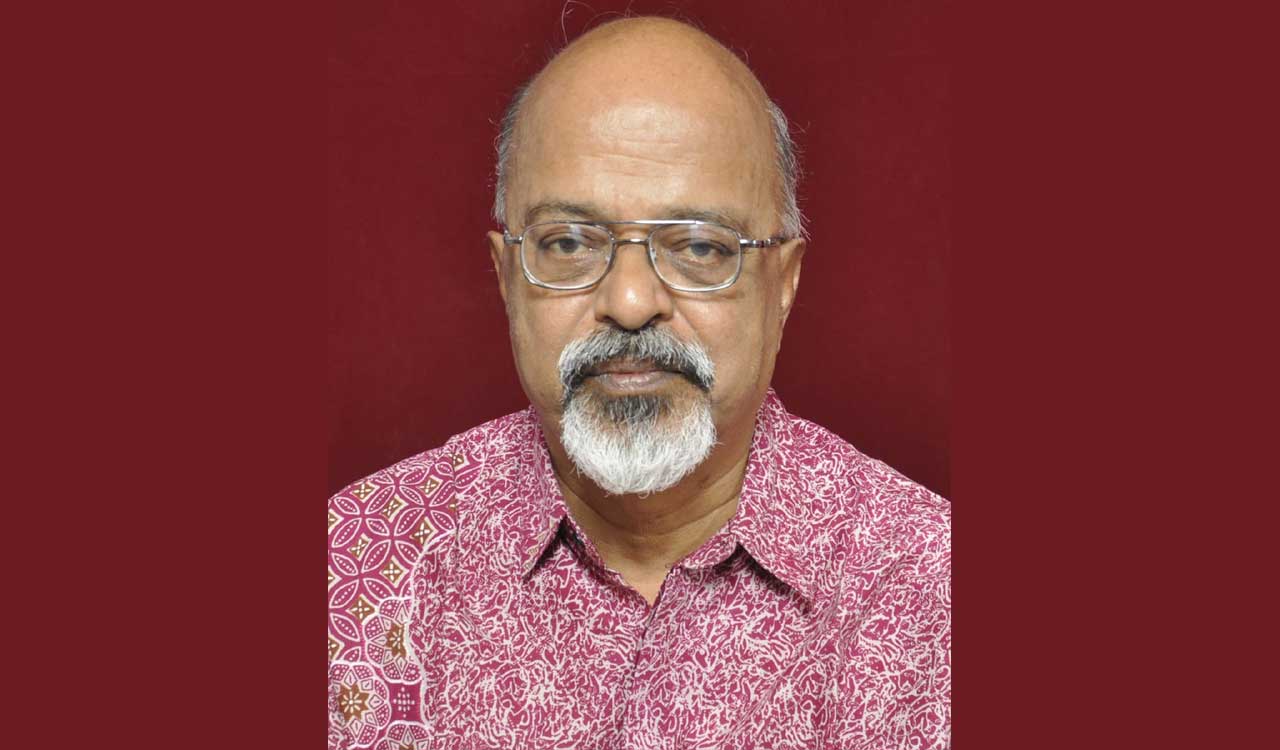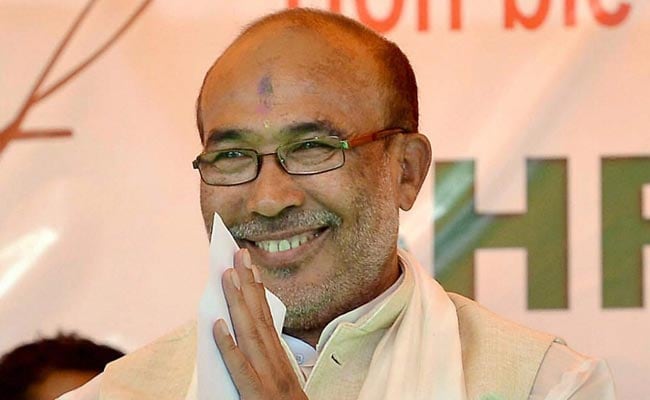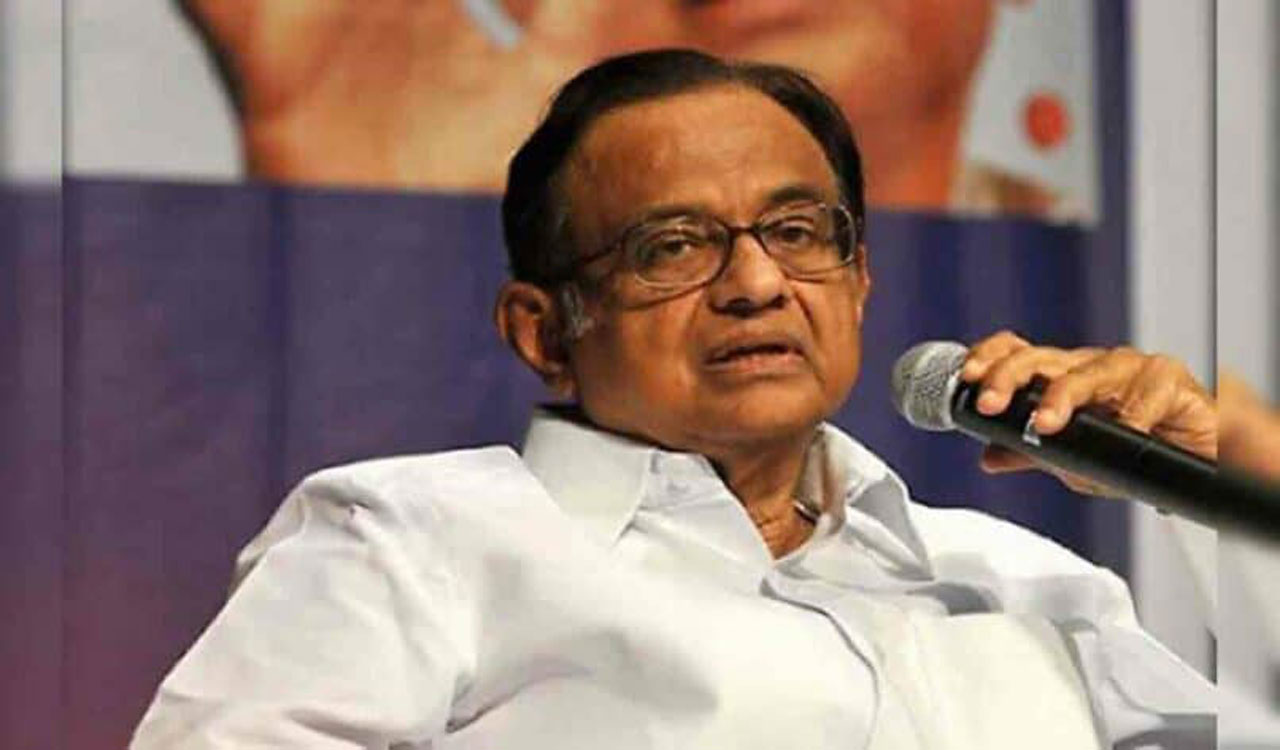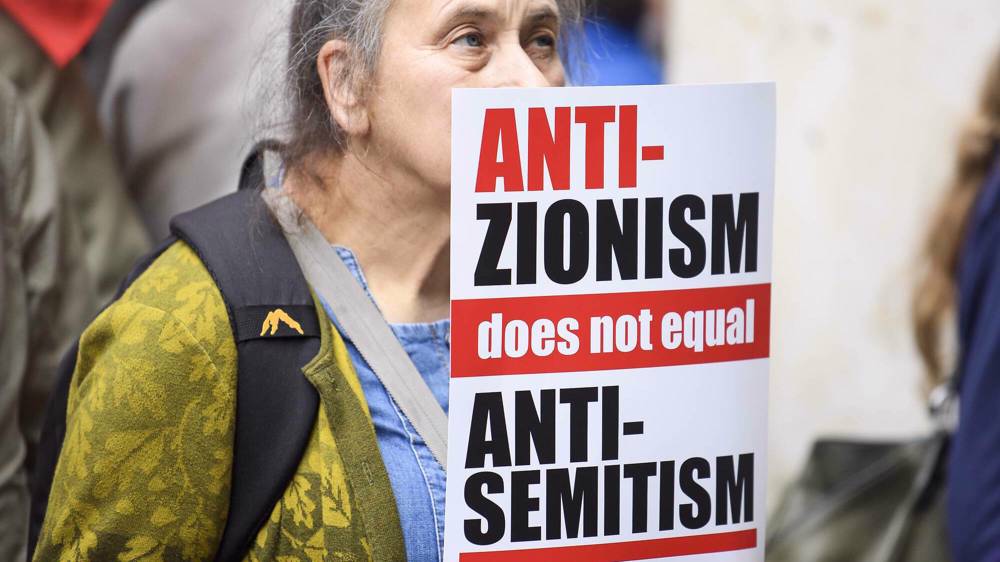North Korea fired a short-range ballistic missile on Sunday, Seoul’s military said, the fourth show of force in a week as South Korea and the United States stage major military drills.
Seoul and Washington have ramped up defence cooperation in the face of growing military and nuclear threats from the North, which has conducted a series of increasingly provocative banned weapons tests in recent months.
South Korea and the United States are in the middle of 11 days of joint drills known as Freedom Shield, their largest in five years.
North Korea views all such exercises as rehearsals for invasion and has repeatedly warned it would take “overwhelming” action in response.
“Our military detected one short-range ballistic missile fired from around the Tongchang-ri area in North Pyongan province at 11:05 am (0205 GMT) towards the East Sea,” South Korea’s Joint Chiefs of Staff (JCS) said, referring to the body of water also known as the Sea of Japan.
The missile flew 800 kilometres (500 miles) and was under analysis by US and South Korean intelligence, the JCS said in a statement, calling the launch “a serious provocation” that violated UN sanctions.
“Our military will maintain a solid readiness posture based on its ability to overwhelmingly respond to any provocation by North Korea, while carrying out intensive and thorough combined exercises and drills,” it said.
Tokyo also confirmed the launch, with deputy defence minister Toshiro Ino telling reporters Japan had “lodged a vehement protest to and strongly condemned (North Korea) through our embassy in Beijing”.
The US military’s Indo-Pacific Command condemned the launch, saying it highlighted “the destabilising impact” of North Korea’s banned weapons programmes.
South Korea’s defence ministry said hours after the launch it had staged joint air drills with the United States featuring at least one US B-1B long-range bomber.
The drills also involved South Korean F-35A stealth fighter jets and US F-16 fighters and took place as part of the Freedom Shield exercise. The exercise had “greatly enhanced the allies’ interoperability… and wartime capabilities”, the ministry said in a statement.
– ‘War maniacs’ –
The latest launch came a day after North Korean state media reported that more than 800,000 young North Koreans had volunteered to join the army to fight “US imperialists”.
The young volunteers were determined to “mercilessly wipe out the war maniacs” and joined the army to “defend the country”, the Korean Central News Agency (KCNA) said.
On Thursday, Pyongyang test-fired its largest and most powerful intercontinental ballistic missile, the Hwasong-17, its second ICBM test this year. It described the launch as a response to the “frantic” US-South Korea drills.
The UN Security Council is expected to hold an emergency meeting Monday over the ICBM launch at the request of the United States and Japan, Yonhap news agency reported.
In a statement carried by KCNA on Sunday, the North’s foreign ministry “strongly” warned the US and other countries to include “legitimate self-defensive countermeasures of the DPRK for the discussion of the UNSC.” DPRK is the acronym of North Korea’s official name.
Analysts previously said North Korea would likely use the drills as an excuse to carry out more missile launches and perhaps even a nuclear test.
The ICBM launch followed two short-range ballistic missiles on Tuesday and two strategic cruise missiles fired from a submarine last Sunday.
The recent flurry of aggression by Pyongyang has pushed Seoul and Tokyo to mend fences over historical disputes and try to boost security cooperation.
Just hours after the ICBM was fired Thursday, South Korean President Yoon Suk Yeol arrived in Japan for the first full-scale leaders’ summit between the countries in 12 years.
Yang Moo-jin, a professor at the University of North Korean Studies in Seoul, said the recent missile launches had several purposes, including protesting against the joint drills as well as testing trilateral responses from South Korea, the United States and Japan.
North Korea declared itself last year an “irreversible” nuclear power and leader Kim Jong Un recently called for an “exponential” increase in weapons production, including tactical nuclear weapons.
Kim also ordered the North Korean military this month to intensify drills to prepare for a “real war”.
(This story has not been edited by NDTV staff and is auto-generated from a syndicated feed.)
